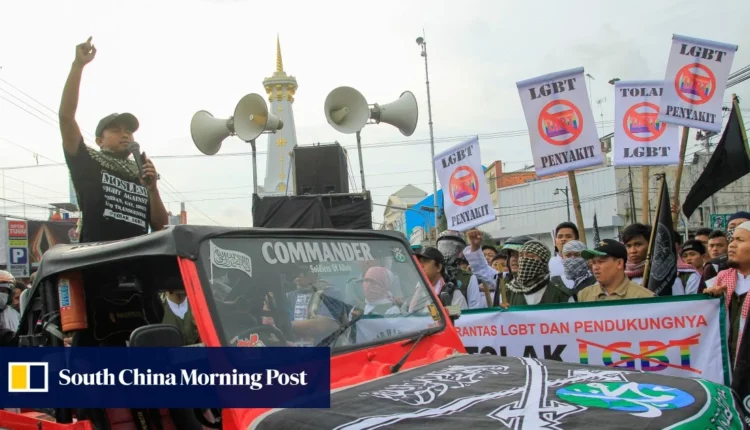Indonesia considers ban on investigative Journalism, LGBT content
Indonesia’s parliament is proposing changes to its broadcast law that would ban investigative journalism and LGBT content, sparking criticism from civil society groups and filmmakers over restrictions to press freedom and creative expression.
Changes to the 2002 broadcast law were first discussed in 2020 but the details in the latest revisions have spurred concern, with Indonesia’s Press Council saying it would undermine media independence.
“The impact on press freedom is very serious,” said Arif Zulkifli, head of the council’s law and legislation division. “Indonesia’s press law says there must not be any censorship or banning of journalism. So this is contradictory.”
The government is yet to receive the draft bill, communications minister Budi Arie Setiadi told Reuters, adding the revisions must not muzzle media freedom.
Read Also:SOLACEBASE trains students on campus Journalism

The planned curbs on journalism in the world’s third-largest democracy would harm freedom of expression and hard-won liberties since Indonesia emerged from decades of authoritarian rule in 1998, journalism and civil society organisations say.
The bill does not provide details on the proposed ban on investigative reporting and how it might work, but journalist groups were concerned about censorship.
“It will mean that we as journalists will no longer be able to reveal important stories, such as on corruption, nepotism and environmental crimes,” said Bayu Wardhana, head of the Association of Independent Journalists, of the bill.
“If the bill is implemented, there will be no press independence,” the chair of Indonesia’s Press Council, Ninik Rahayu, said, adding that the council had not been consulted during the bill’s drafting process.
The bill has drawn criticism also because it seeks to ban content displaying violence, mysticism, LGBT or “negative behaviour or lifestyles that potentially harm the public”.
Read Also:Investigative Journalism Powerful Weapon To Fight Corruption- Professional
Prominent filmmaker Joko Anwar slammed the proposal, describing it as “dangerous” and “impossible” to implement.
“The ban on such content not only impedes the creativity of the creative industry, and freedom of the press, but also undermines people’s capacity to filter what they watch,” he said.
Reuters



Comments are closed.